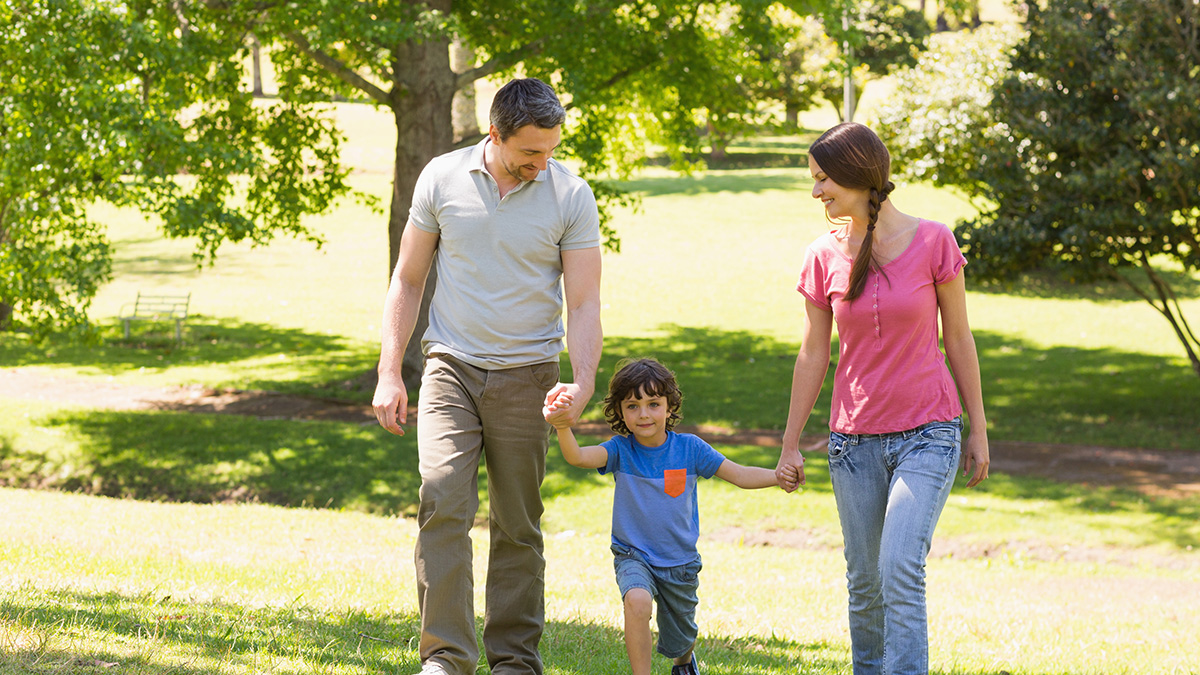Since the spread of COVID-19 and the restrictions resulting from it, many parents going through a separation or divorce are now uncertain about how to approach co-parenting. The following are some things to consider for co-parenting during these uncertain times.
Applying Public Health Recommendations to the Home
It’s important for parents to stay up to date on the latest public health recommendations from the Centers for Disease Control and Prevention (CDC), along with local restrictions in place. Based on the information found, parents should apply the recommendations within homes to keep family members safe.
Parents can inform children of the local restrictions and what they’ll mean for daily life, including the inability to play with other children, eat out at local restaurants, or attend large gatherings that increase the risk of contracting an infection or infecting others. It’s important to carefully explain these details to help children understand how the pandemic will impact them.
Create an Effective Plan to Prepare for Any Unexpected Developments
Parents should also do what they can to develop a good co-parenting plan that accounts for any potential complications that may arise. It’s important for both parents to communicate with each other as often as necessary to come up with an effective plan.
Planning could include details about childcare in the event a child or parent becomes ill with COVID-19. With a good plan in place, both parents can more effectively cooperate if anything unexpected develops.
Keep in Mind the Differences Between Homes
If both parents are living in different households, it’s important to remember that the rules in place for COVID-19 may differ between the homes. For instance, one parent may be working remotely and in an area with stay-at-home orders, while the other may be in a different state that isn’t as restrictive, with the parent going to work on a daily basis. In the home where the parent travels to and from work, there may be stricter rules regarding washing hands and other aspects of sanitation.
Safety measures taken in either home could be unique, so both parents and children should understand the differences. It’s in the parent and child’s best interest to know how to approach the living situation in each home.
Practice Good Parenting
Compassion and understanding are the keys to helping children cope emotionally with the transition as parents separate or divorce, especially among the uncertainty of the pandemic. Part of being a good parent means setting a good example and showing strength when possible, as parents should try to keep track of emotions and work to manage them.
With the introduction of COVID-19 and the accompanying restrictions, parents and children are faced with new challenges, particularly due to social limitations. Children may also express concerns about the virus and how it will affect them. Parents can speak with children about what to expect and provide reassurance. Meanwhile, parents can be practical, stick to the existing co-parenting plan, and do what is needed to do to keep the children safe and healthy.

 2018 ·
2018 ·
Leave a Reply